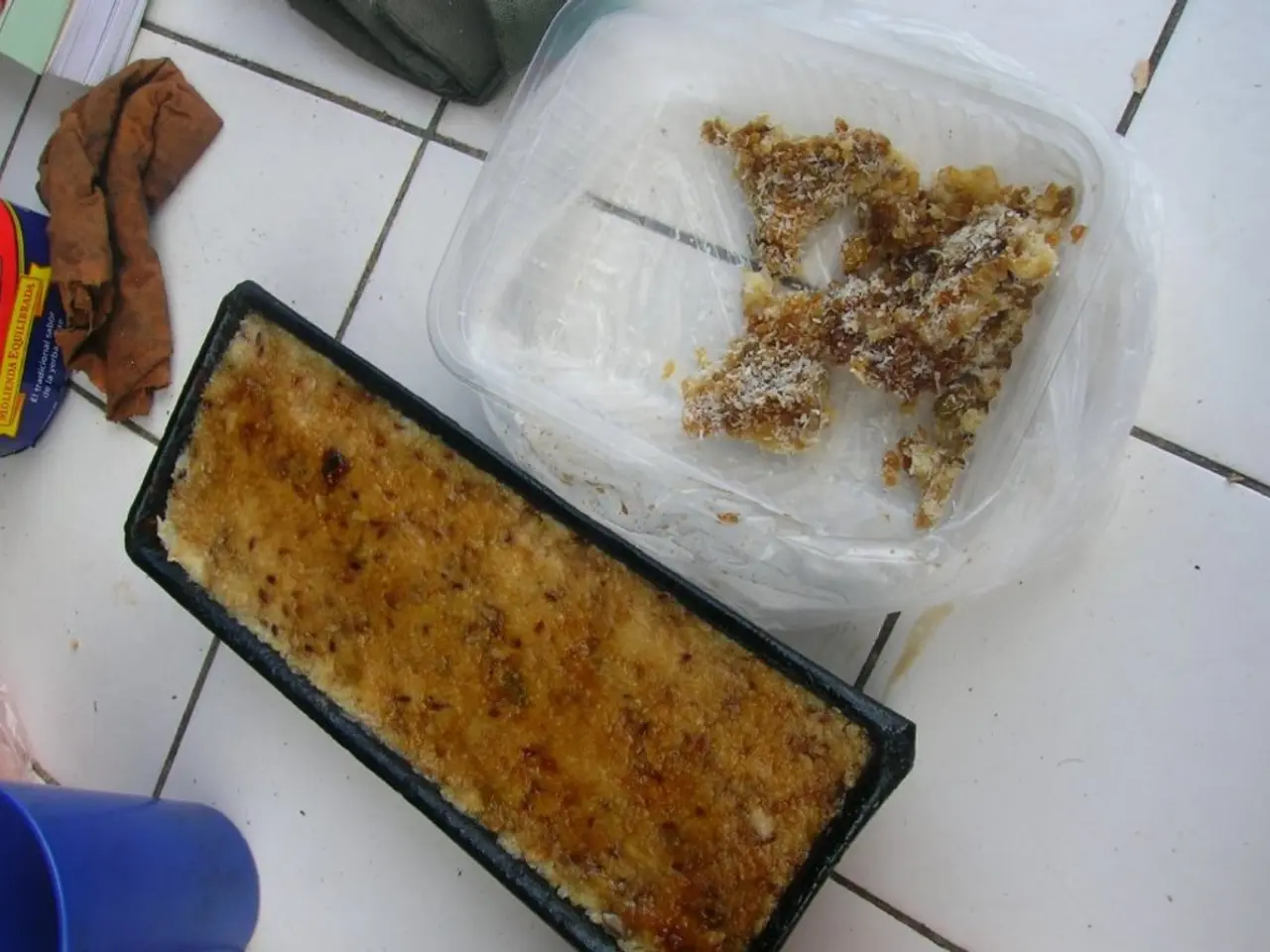Stealthy Effects of Disorder on Your Health and Personal Well-being
========================================================
Clutter in the home can have far-reaching consequences beyond just creating a messy environment. From attracting pests to increasing the risk of fires, clutter can pose significant health and safety risks.
In kitchens and bathrooms, clutter can become a breeding ground for harmful bacteria like Salmonella and E. coli, especially when handling raw meat or expired cosmetics and skincare products. Cluttered spaces can also harbor mold, soap scum, and allergens, which can trigger respiratory issues, headaches, and irritation of the eyes and nose.
The visual chaos and feelings of being overwhelmed that come with clutter can also lead to elevated cortisol (stress hormone) levels, disrupting bodily functions such as blood sugar regulation. This chronic stress can negatively impact mental health, leading to anxiety, depression, sleep disturbances, and decreased energy levels.
In homes with pets, clutter can trap pet dander, a significant issue for people with pet allergies. Clutter can also create physical safety hazards, such as tripping hazards, falling objects, obstructed exits, compromised structural safety, dangerous conditions for children, and fire hazards.
Cross-contamination is a risk in cluttered kitchens if areas are used to prepare food without proper cleaning first. Clutter can increase the risk of fire by accumulating papers, fabrics, lint, old flammable aerosol sprays, and blocking access to fire extinguishers and other fire safety equipment.
Cluttered spaces tend to accumulate more dust, which is a common allergen. Clutter can obstruct emergency exits and routes inside of a home, potentially delaying escape in case of an emergency. Cluttered spaces can be particularly hazardous for children who might not recognize the dangers of unstable piles of items or sharp pieces lying around.
However, regular cleaning and decluttering can help reduce these risks. Deep cleaning and decluttering kitchens and bathrooms can eliminate bacteria in sinks and cutting boards, prevent mold, disinfect high-touch fixtures, and remove dust and pet dander that circulate allergens. In bathrooms, regularly cleaning and decluttering can help reduce the environment ripe for bacterial and mold growth.
Regular cleaning and decluttering can help improve indoor air quality, thereby reducing the risk of allergic reactions and respiratory problems. By eliminating clutter, we can create healthier, safer, and more enjoyable living spaces for everyone.
- A well-organized home, devoid of clutter, can foster a wellness-centric lifestyle, promoting productivity and mental peace.
- Engaging in decluttering as a hobby or blog segment could lead to a sense of achievement and improved home environment.
- Scientific studies have shown that a decluttered environment can lead to better sleep quality and reduced stress levels at work.
- Originating from workspace wellness programs, workplace-wellness advocates often emphasize the importance of decluttering desks to enhance focus and productivity.
- Health-and-wellness enthusiasts often incorporate fitness-and-exercise routines, skin-care regimens, and therapies-and-treatments into their lifestyles, but overlook the advantages of decluttered living spaces.
- In line with home-and-garden magazines, many homeowners aspire to create harmonious, clutter-free spaces, designed to evoke relaxation and rejuvenation.
- Practicing mindfulness during the decluttering process can help individuals reflect on the importance of minimalism and simplifying their lives, promoting a healthier lifestyle overall.
- Nutrition plays a vital role in overall wellness, but less focus is given to the impact of a clean and decluttered environment on meal planning and cooking efficiency.
- By promoting decluttering and wellness as a comprehensive lifestyle change, one can foster holistic health, encompassing physical, mental, and environmental well-being.






